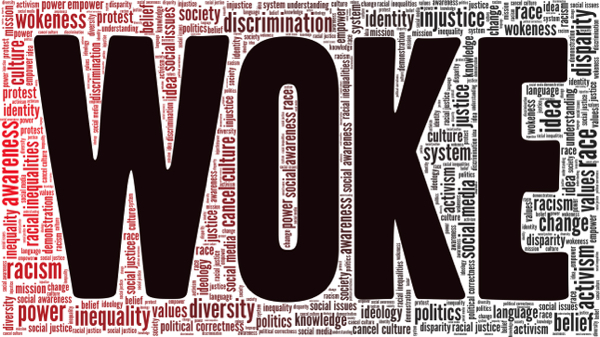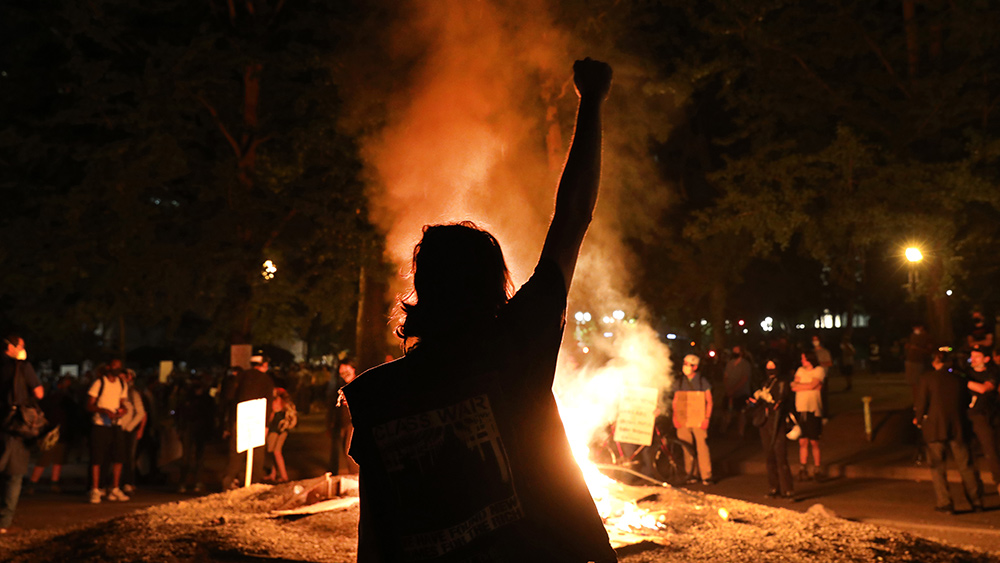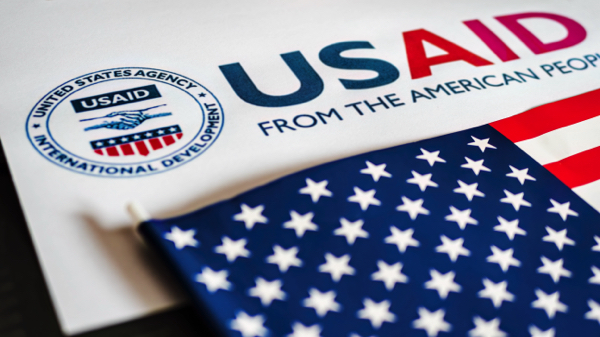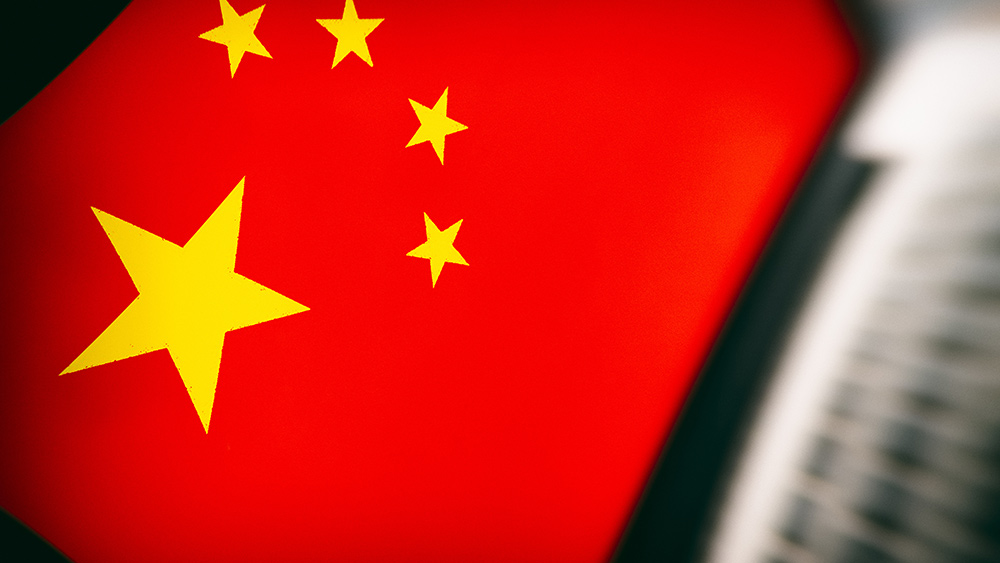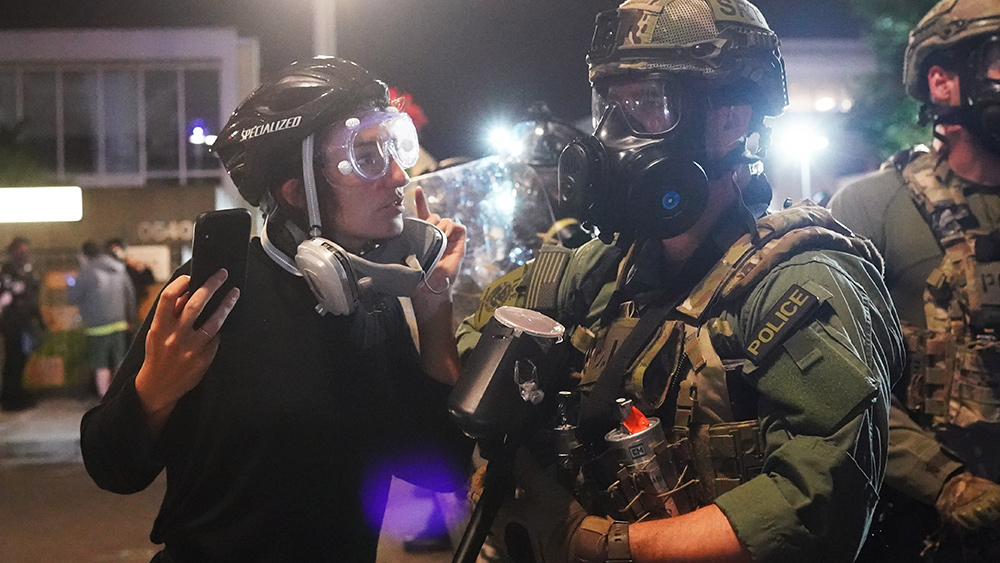Texas BANS property purchases by enemy nations in sweeping national security move
07/04/2025 / By Zoey Sky

- Texas Gov. Greg Abbott signed Senate Bill (SB) 17, banning citizens and companies from China, Iran, North Korea and Russia from buying land, homes or commercial properties in Texas. The law aims to protect national security.
- SB 17 prohibits purchases of agricultural land, residential/commercial properties, mines and water rights by individuals/entities from the listed countries. Violations are felonies, with the Texas Attorney General enforcing penalties. Exemptions include U.S. citizens, lawful permanent residents and foreign nationals buying a primary residence.
- Texas is one of 25 states restricting foreign property ownership – citing fears of espionage, economic coercion and land grabs near military sites. China is a major focus due to land purchases near U.S. bases, control of critical infrastructure and suspected espionage tools.
- Civil rights groups argue that the law could unfairly target Asian Americans and immigrants, leading to discrimination. Similar laws in Florida were ruled likely unconstitutional, and SB 17 may face lawsuits over discrimination and federal preemption.
- Supporters say the law is necessary for security, while opponents fear xenophobia and legal chaos. With rising U.S.-China tensions, more states may adopt similar laws, but court battles could determine their fate.
Texas Gov. Greg Abbott has signed one of the nation’s toughest laws restricting property purchases by individuals and entities from countries deemed adversarial to the United States.
The new legislation, Senate Bill (SB) 17, bars citizens and companies from China, Iran, North Korea and Russia from buying land, homes and commercial properties in Texas. Abbott claims that the move will bolster national security, but critics warn that it could fuel racial discrimination.
The law, set to take effect Sept. 1, comes amid growing concerns over foreign espionage, economic coercion and strategic land grabs near sensitive U.S. military and infrastructure sites. On one hand, supporters argue the restrictions are necessary to counter hostile foreign influence. On the other hand, opponents fear the bill casts too wide a net, potentially harming law-abiding immigrants and businesses with no ties to adversarial governments.
SB 17 prohibits individuals and entities from the four countries – which were identified in the U.S. Director of National Intelligence’s 2025 Annual Threat Assessment – from purchasing:
- Agricultural land
- Commercial and industrial properties
- Residential real estate
- Mines, quarries and groundwater rights
Violations will be treated as felonies, with the Texas Attorney General’s office authorized to investigate suspected breaches. However, exemptions exist for:
- U.S. citizens and lawful permanent residents
- Foreign nationals legally residing in the U.S. who are buying a primary residence
- Lease agreements under one year
Abbott framed the law as a critical defense measure. “I signed SB 17, the toughest ban in America on preventing the sale of our land and property to individuals and companies from China, Iran, North Korea & Russia,” he declared on social media.
National security concerns are driving the crackdown
The push to restrict foreign property ownership isn’t unique to Texas. At least 25 states have enacted similar laws since 2023, reflecting escalating fears over foreign infiltration, espionage and economic warfare.
China, in particular, has drawn scrutiny for:
- Buying land near U.S. military bases, raising fears of surveillance.
- Expanding control over critical infrastructure, including ports, energy grids and telecom networks.
- Installing solar converters suspected of being potential espionage tools.
- Dominating the U.S. drone market (Chinese-made DJI drones are widely used by law enforcement).
Michael Lucci, CEO of State Armor Action, a conservative group advocating for state-level security policies, argued that it’s no coincidence that several Chinese companies are “purchasing American land, particularly near sensitive military sites.” Lucci added that the Chinese Communist Party (CCP) is “blatantly attempting to base espionage efforts” right on American soil.
Despite its valid security rationale, SB 17 has faced fierce backlash from civil rights groups and some lawmakers who argue it could unfairly target Asian Americans and immigrants. For example, the Asian Americans Advancing Justice (AAJC) condemned the law, claiming that it “creates an overly broad net that places innocent foreign nationals at risk of racial profiling.”
State Rep. Gene Wu (D-Houston) echoed these concerns, saying that individuals “may be turned away from business opportunities even if they don’t fall under this category.” He added that many people “don’t know who’s Chinese, who’s Japanese, or what their immigration status is. They’ll see an Asian face and say, ‘I’m not sure if I can legally sell to you.’”
The bill’s passage also comes as a similar Florida law faces legal challenges under the Fourteenth Amendment and the Fair Housing Act. A federal court recently ruled Florida’s restrictions likely unconstitutional, setting up a potential Supreme Court battle. (Related: Texas Gov. Greg Abbott signs school choice bill into law.)
Will SB 17 hold up in court?
Legal experts predict SB 17 will be challenged on the grounds of discrimination and federal preemption. Opponents argue that immigration and foreign policy are federal matters, not state ones. Additionally, the law could violate equal protection clauses by disproportionately affecting certain ethnic groups.
Arizona Gov. Katie Hobbs, a Democrat, vetoed a comparable bill earlier last June. She warned that this proposal could open the door for “arbitrary enforcement.” Yet, Texas officials remain defiant – with Abbott and Republican state lawmakers insisting the law is narrowly tailored to address legitimate security threats, not to discriminate.
Texas is now part of a national wave of states tightening foreign property laws. According to the Committee of 100, which tracks such legislation:
- 25 states now have foreign property restrictions (up from 22 in March).
- 15 federal bills on the issue are under consideration.
With U.S.-China tensions at a boiling point and fears of foreign interference growing, more states may follow Texas’ lead, whether the courts allow it or not. While SB 17 represents a hardline stance on national security, one thing is clear. The battle over who can own American soil is just heating up.
Watch this edition of “Brighteon Broadcast News” from May, with the Health Ranger Mike Adams about the U.S’s tariff deal with China.
This video is from the Health Ranger Report channel on Brighteon.com.
More related stories:
Greg Abbott denounces $708M lawsuit against bus companies transporting illegals to NYC.
Texas bans land purchases by foreign adversaries, targeting Chinese Communist Party.
Sources include:
Submit a correction >>
Tagged Under:
big government, China, citizens, federal land, freedom, Greg Abbott, hostile nations, Iran, land purchases, land sales, Liberty, national security, North Korea, ownership claim, property purchases, Real Estate, real property, Russia, SB 17, Senate Bill 17, state land, Texas
This article may contain statements that reflect the opinion of the author
RECENT NEWS & ARTICLES
COPYRIGHT © 2017 BIG GOVERNMENT NEWS


